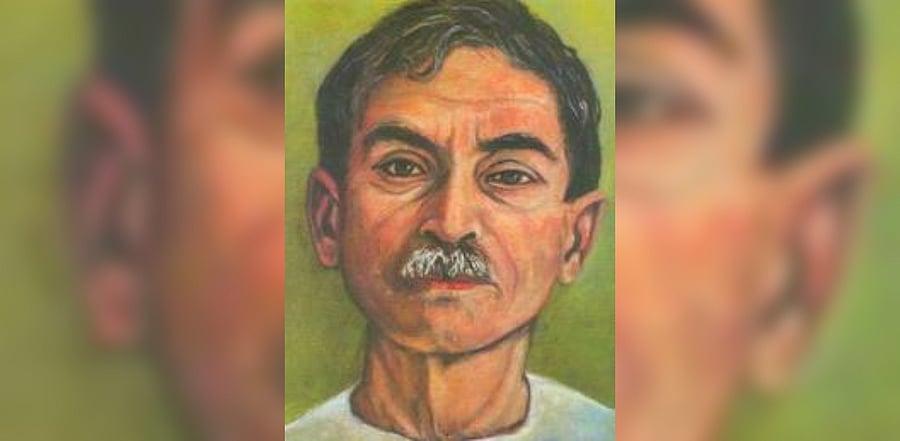
Premchand Munshi, one of the greatest Indian writers, is remembered for his simplistic writing that managed to capture the essence of pre-independence, rural India.
Born as Dhanpat Rai Shrivastava, he adopted the pen name of ‘Nawab Rai’. After being censured for his short story collection, Soz-e-Watan, he changed his pen name to Premchand.
Premchand was educated in a Madrassa, where he learnt Urdu and Persian as well, the influences of which are apparent in his Hindustani style of writing.
His writings had a sense of idealism and he had a strong way to characterise the everyday human emotions of grief, greed, and loss, without dramatization.
Unlike several of his contemporaries, Premchand's stories did not relegate women to unimportant roles. Several of his works - including Nirmala, Saut, and Boodhi Kaki, amongst others, revolve around the social oppression of women during the era.
The author’s work had revolutionary and patriotic tones. He was politically charged and preferred Bal Gangadhar Tilak’s firebrand and radical ways of achieving political freedom.
A recurring and important theme in Premchand’s works was self-governance, with ideas of Panchayati Raj, collectivism, social harmony strongly discussed.
Unfortunately, the writer died in 1936, before India achieved independence.
Another way in which Premchand was unlike his peers was that his work was not anglicised. There was no aspirational value to his writings. He did not write about barristers who returned from England, or zamindars with a conscience. He wrote about ordinary Indians, those who resided in villages and suffered from issues like poverty, hunger, and failed monsoons. He was greatly influenced by the non-cooperation movement.
Premchand was the master of realism. From widows to courtesans to unhappy housewives to children born into poverty, and the neglected elderly, all his characters were humanised, authentic, and vivid.
Some of his major works include - Godaan, Lottery, Shatranj ke Khiladi, Panch Parmeshwar, and Nirmala.
